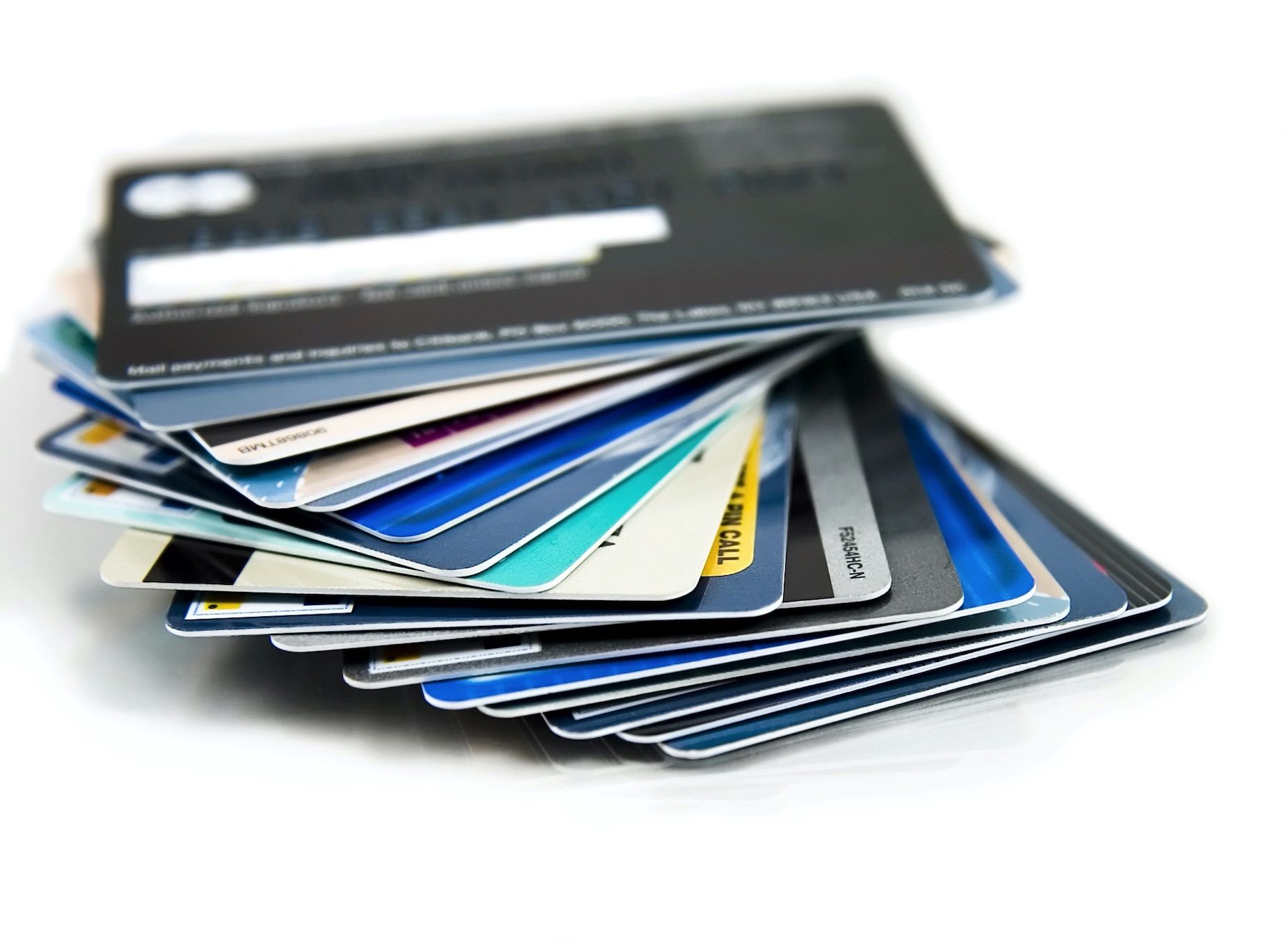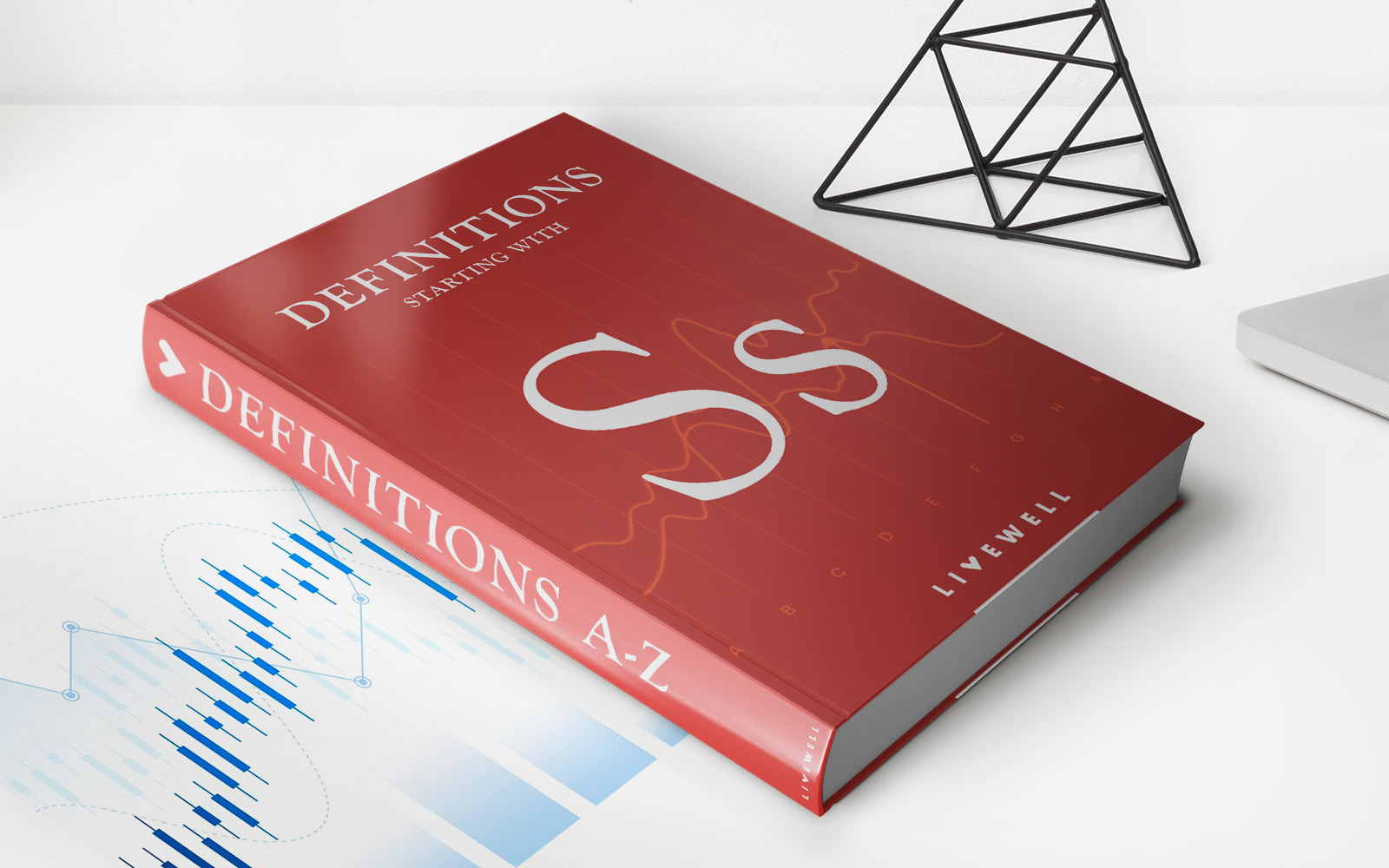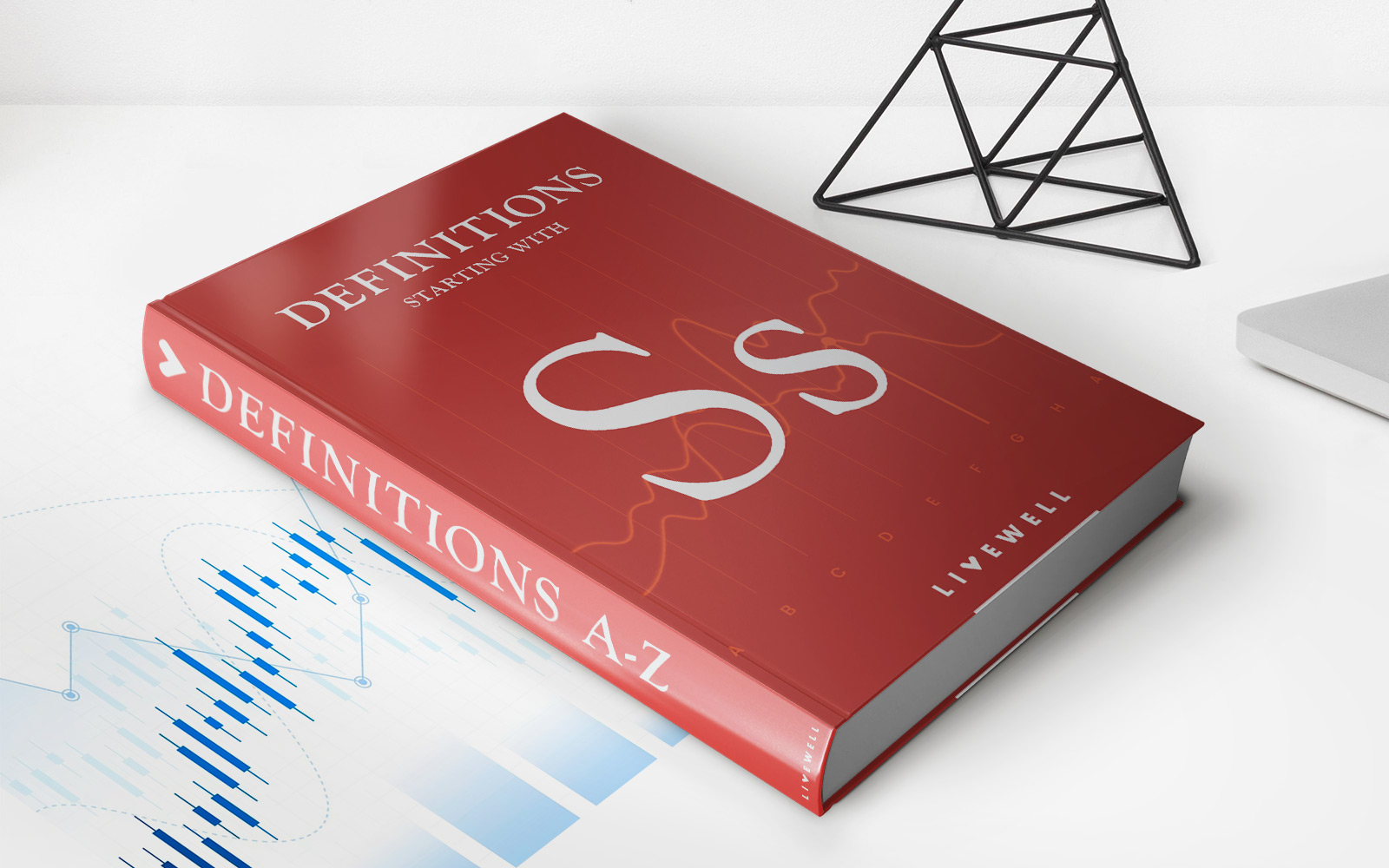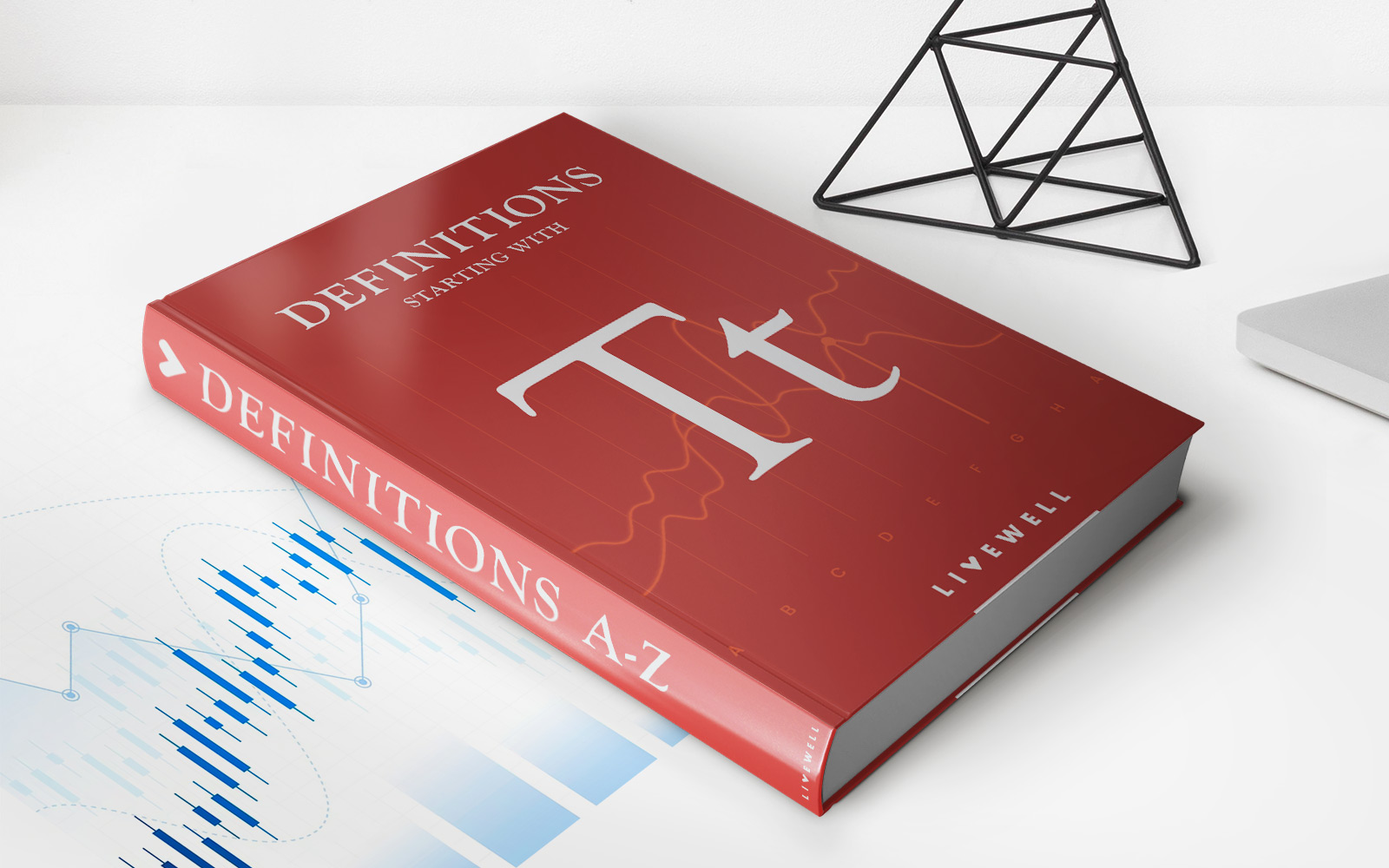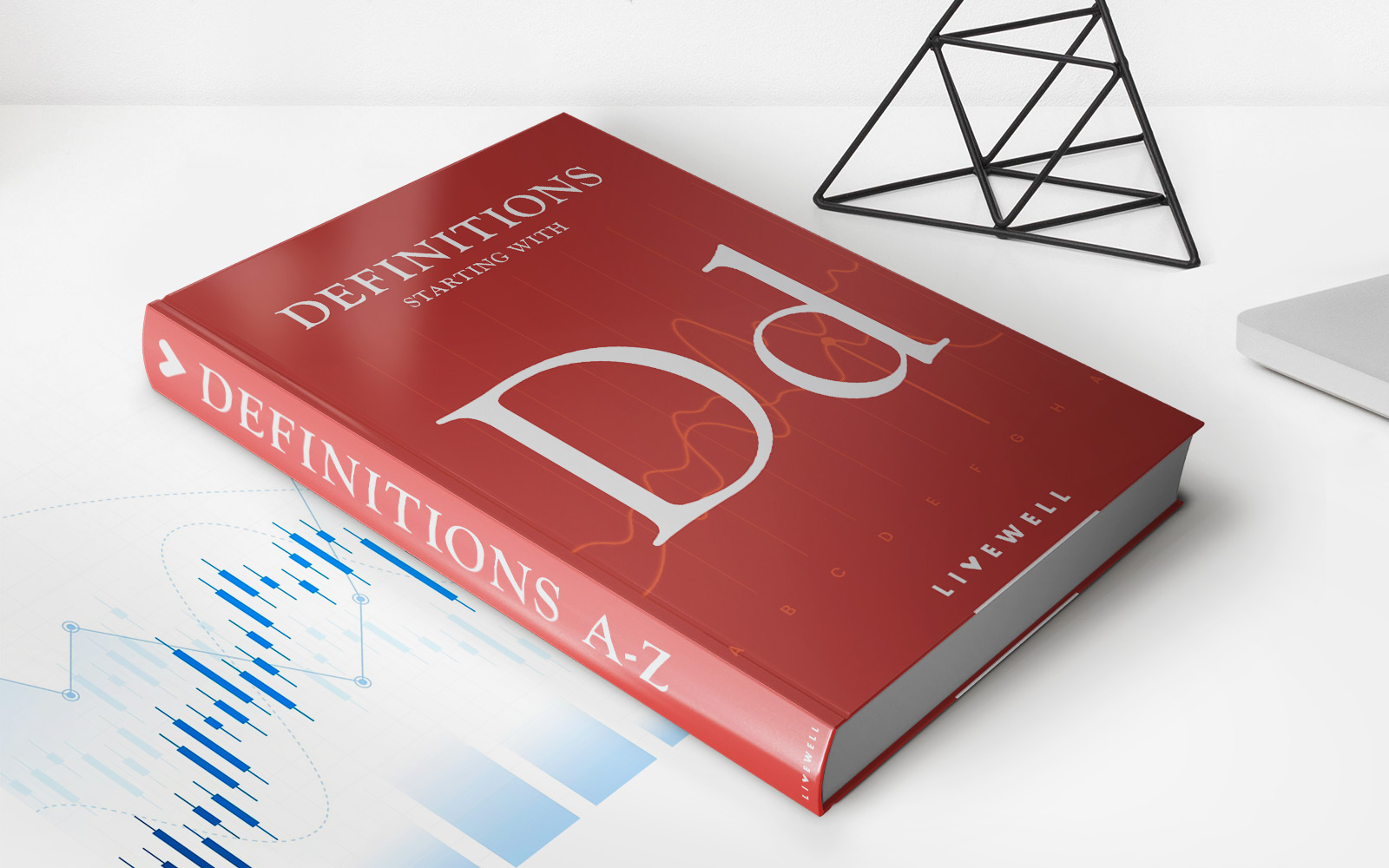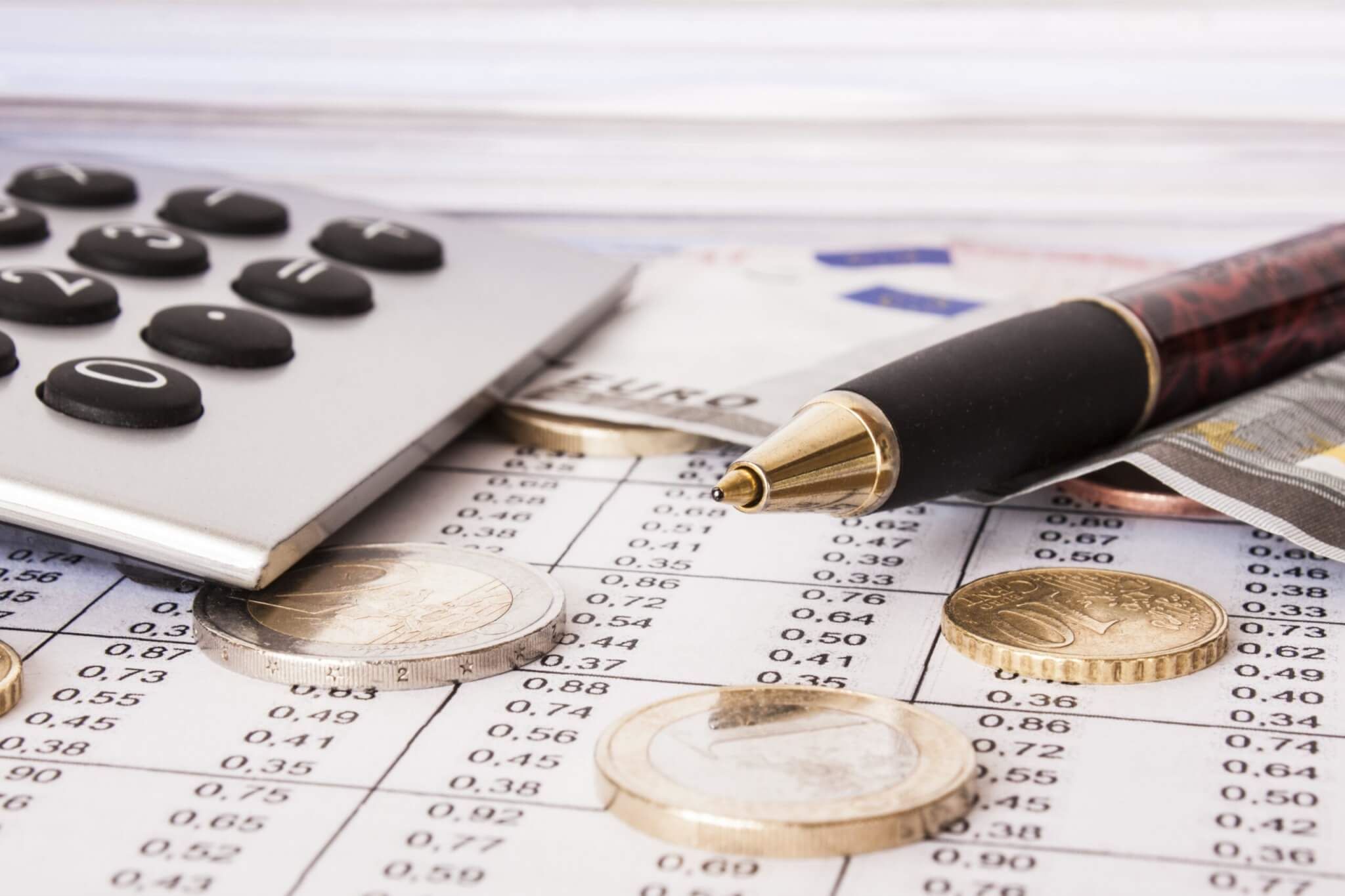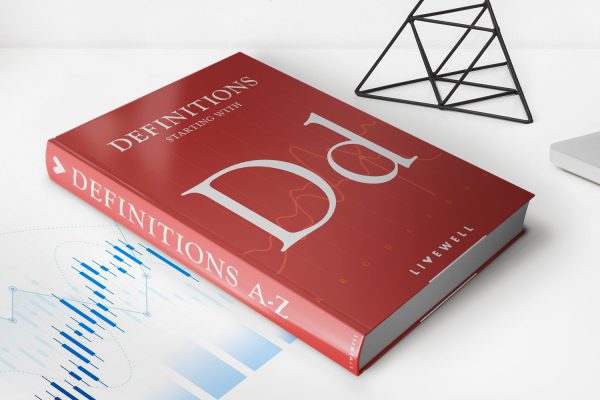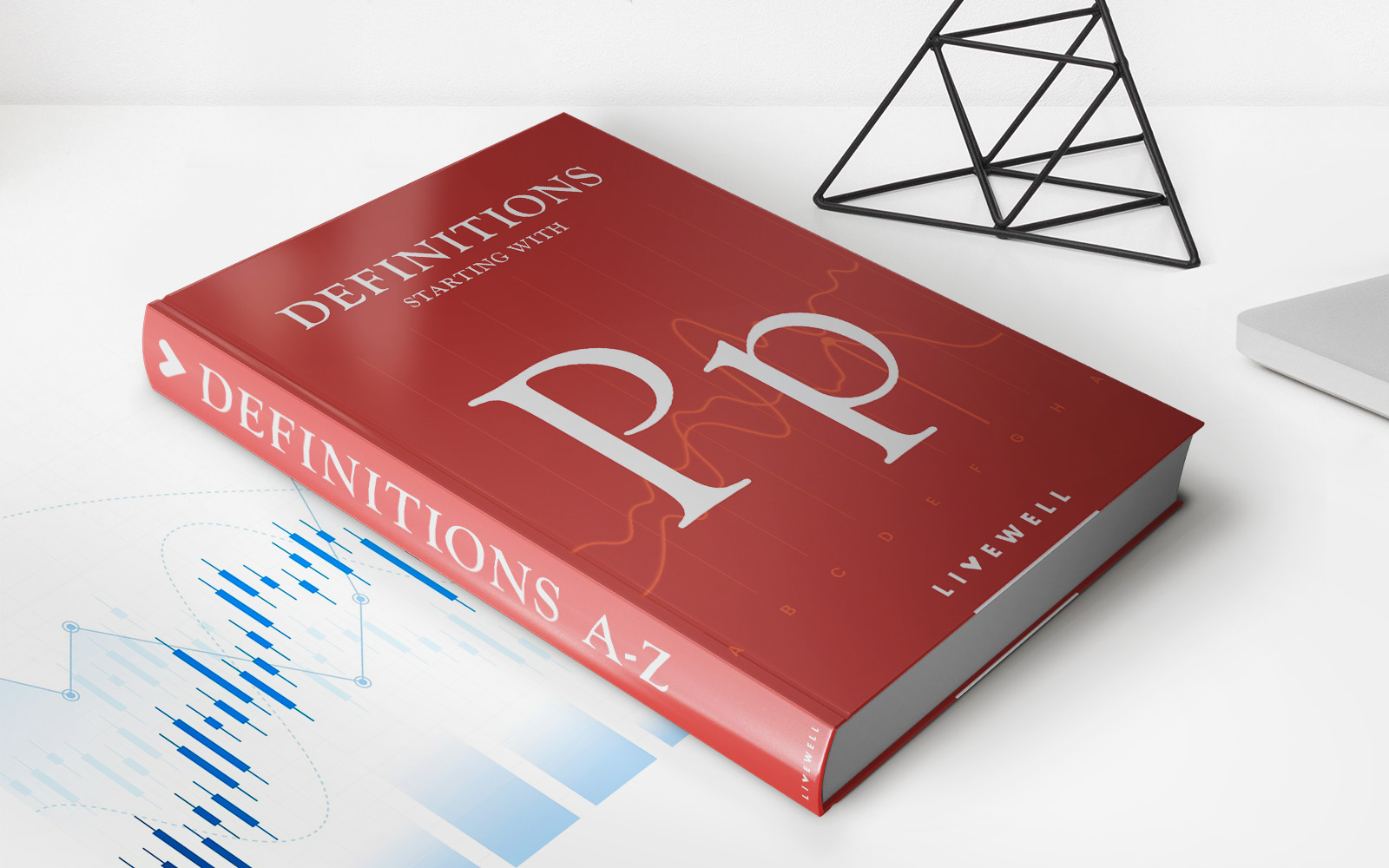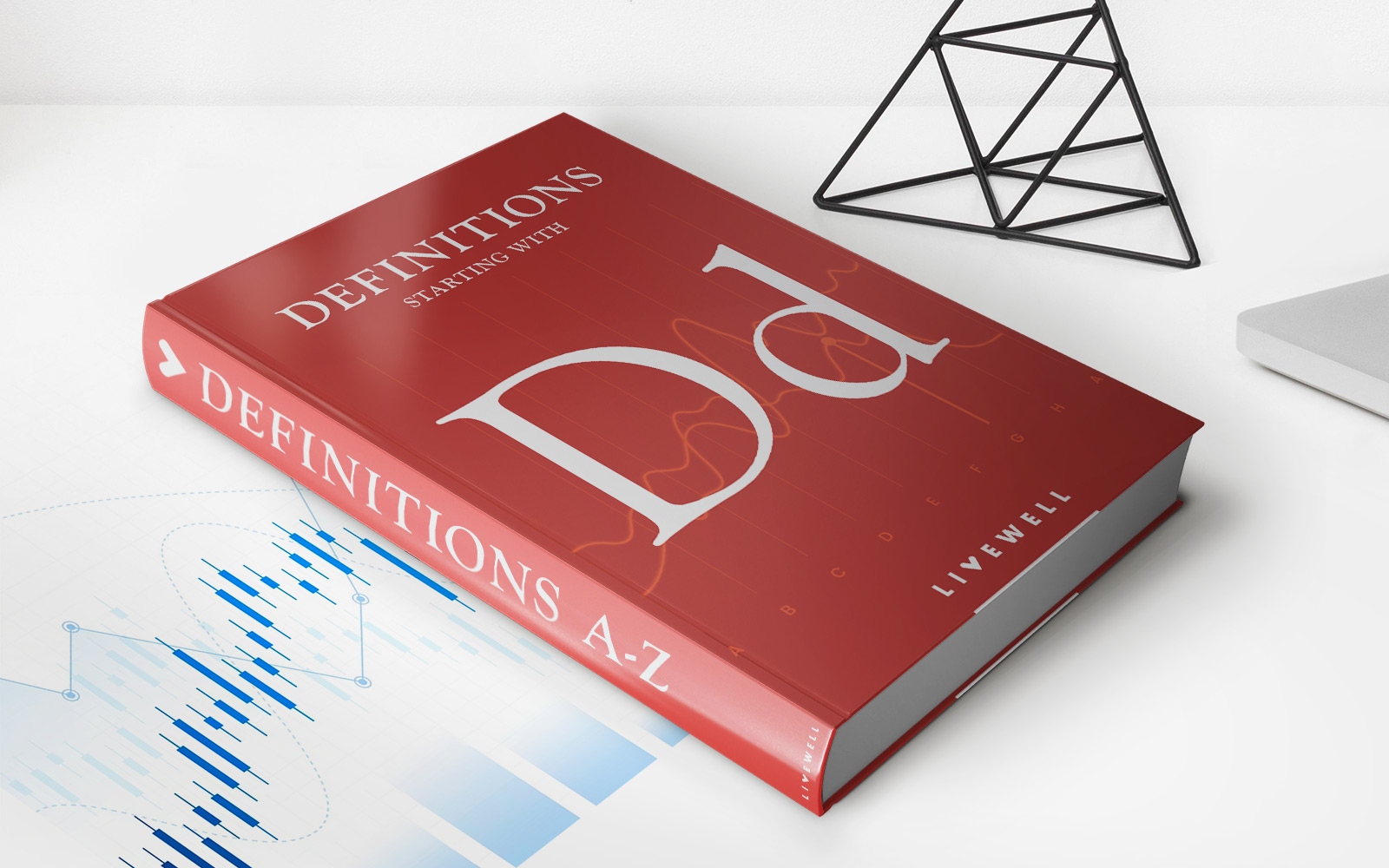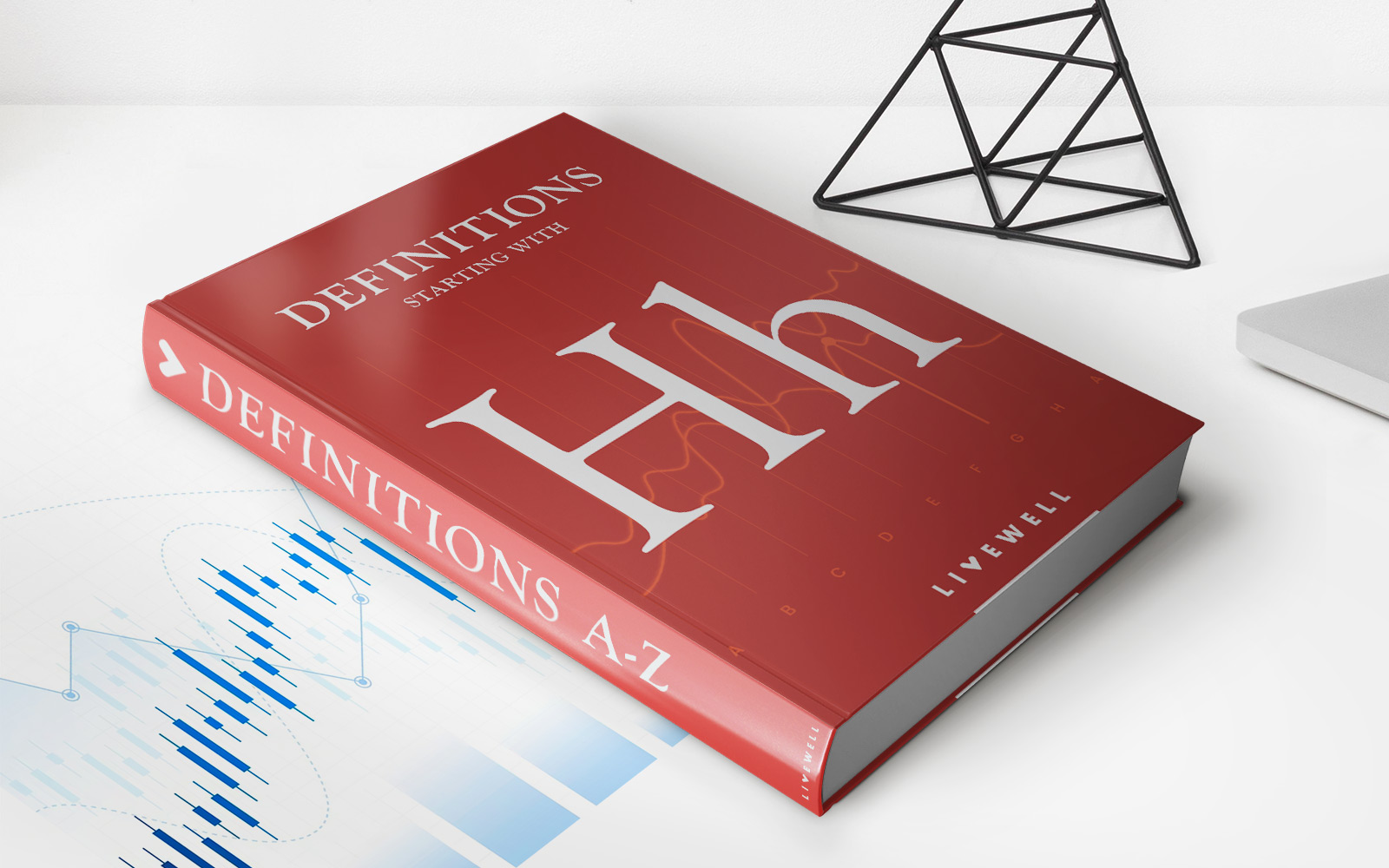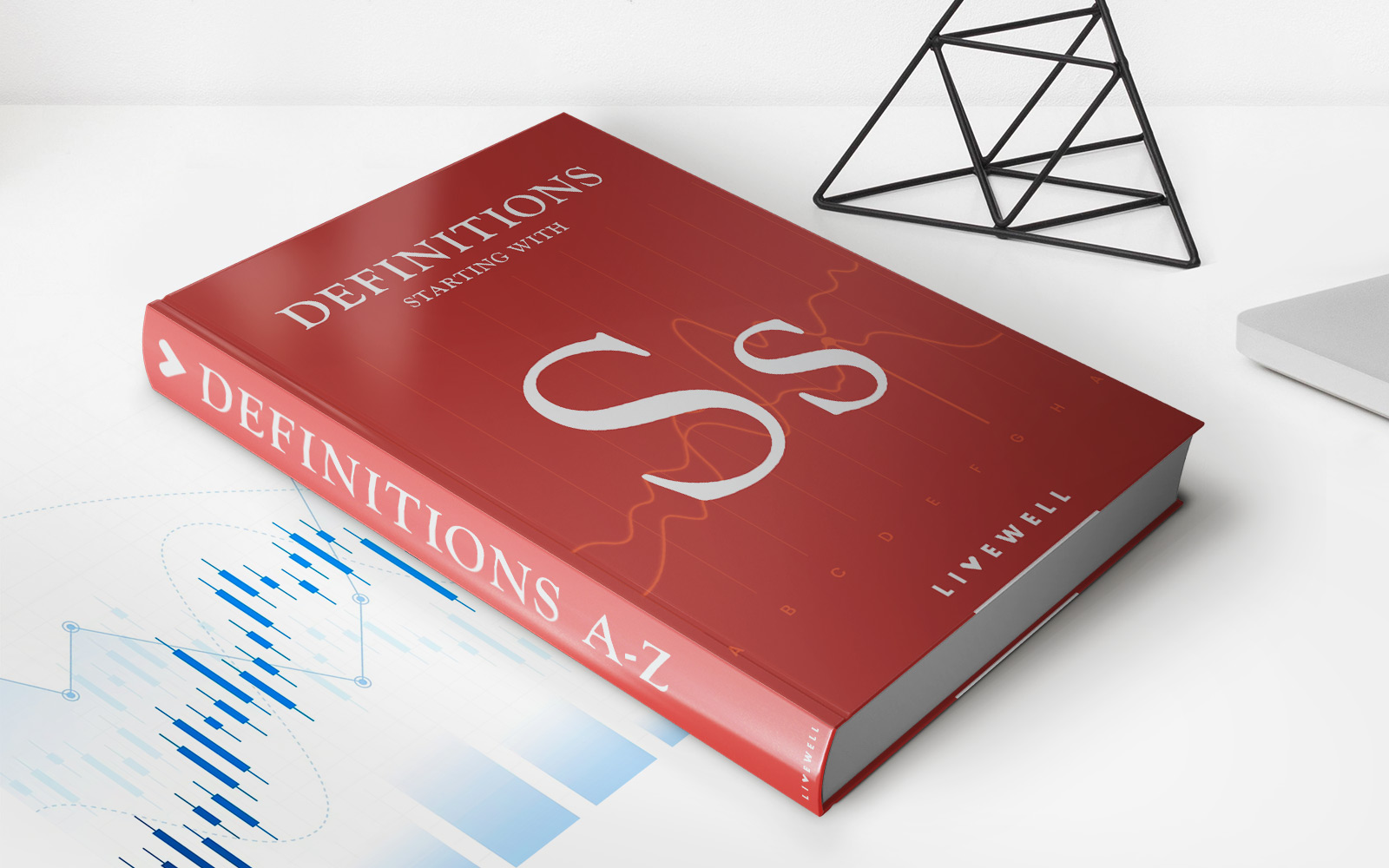Home>Finance>Trading Desk: Definition, What It Does, Common Types
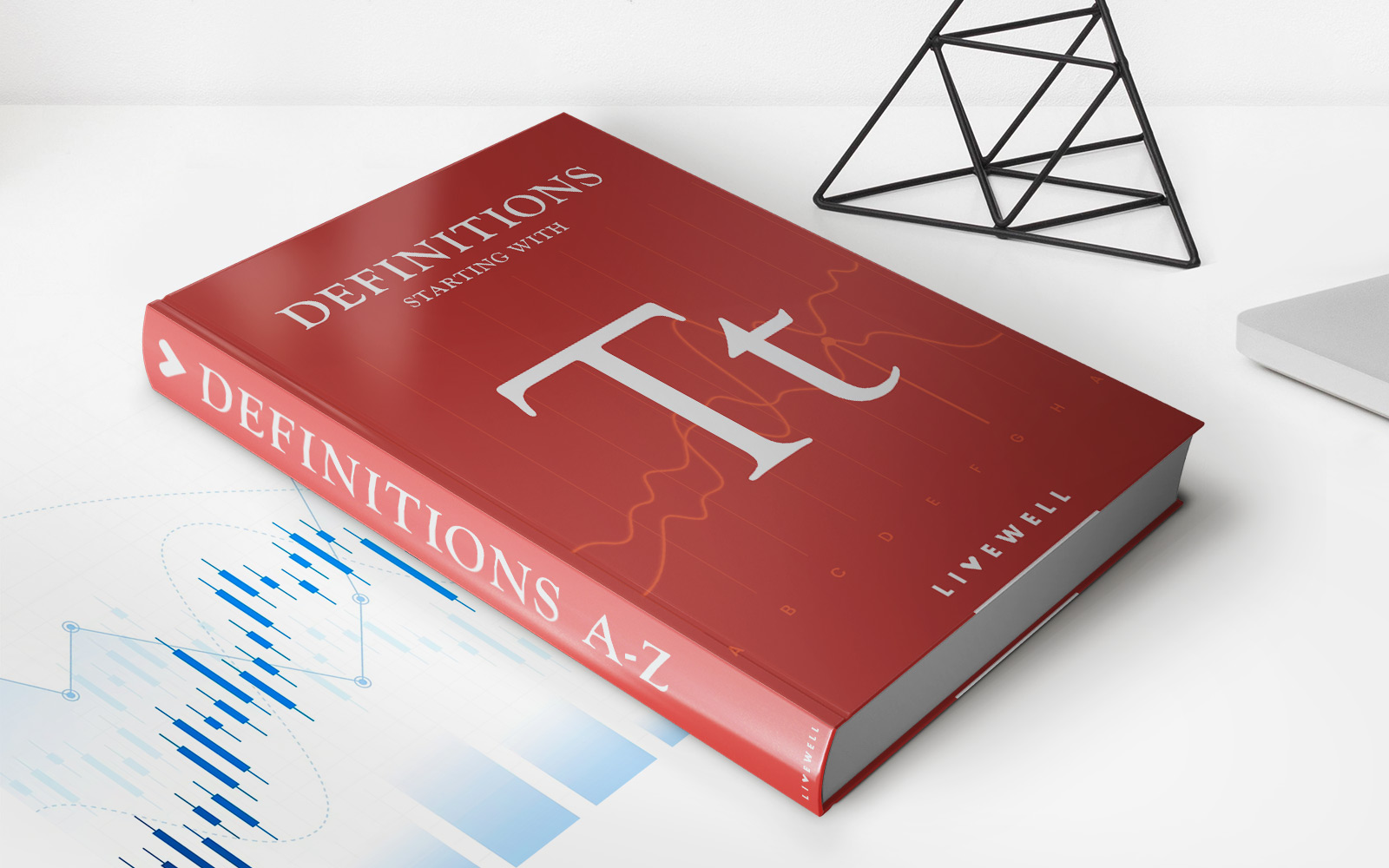

Finance
Trading Desk: Definition, What It Does, Common Types
Published: February 10, 2024
Learn the definition and common types of a trading desk in finance. Discover what a trading desk does and how it impacts the financial industry.
(Many of the links in this article redirect to a specific reviewed product. Your purchase of these products through affiliate links helps to generate commission for LiveWell, at no extra cost. Learn more)
Trading Desk: Definition, What It Does, Common Types
Welcome to our blog post on trading desks! In the world of finance, trading desks play a crucial role in facilitating the buying and selling of financial instruments. But what exactly is a trading desk? What does it do? And what are the common types you should be aware of? We’ve got you covered. Let’s dive in!
Key Takeaways:
- A trading desk is a centralized location where traders execute trades in various financial markets.
- There are different types of trading desks, including equity trading desks, fixed income trading desks, and foreign exchange trading desks.
What is a Trading Desk?
A trading desk can be best described as a nerve center for traders. It is a physical or virtual location where traders carry out their activities, executing trades on behalf of clients or their firms. Think of it as an operations hub where financial instruments, like stocks, bonds, or currencies, are bought and sold.
Trading desks are manned by experienced professionals who analyze market conditions, monitor price movements, and execute trades at optimal prices. These desks combine real-time market data, advanced analytics tools, and expert knowledge to make informed decisions in the dynamic world of finance.
Common Types of Trading Desks
Now that we have a general understanding of what a trading desk entails, let’s take a closer look at the common types you’ll encounter:
- Equity Trading Desks: These desks specialize in trading stocks or equities. They are responsible for executing buy and sell orders on stock exchanges, striving to achieve the best outcomes for their clients or firms. Equity trading desks focus on analyzing company fundamentals, market trends, and news to inform their trading decisions.
- Fixed Income Trading Desks: Fixed income trading desks deal with bonds, government securities, and other debt instruments. They facilitate the buying and selling of these assets, catering to both individual and institutional investors. Fixed income traders closely follow changes in interest rates, credit ratings, and market sentiment to evaluate bond prices and identify profitable opportunities.
- Foreign Exchange (Forex) Trading Desks: Forex trading desks specialize in trading currencies. They operate in the decentralized foreign exchange market, executing trades on behalf of clients who want to exchange one currency for another. Forex traders monitor economic indicators, geopolitical events, and exchange rate fluctuations to make informed decisions in this highly liquid and volatile market.
- Derivatives Trading Desks: Derivatives are financial contracts whose value derives from an underlying asset. Derivatives trading desks focus on instruments like options, futures, and swaps. These desks help clients manage risk, speculate on future price movements, and hedge their positions. Traders often employ advanced mathematical models and risk management strategies to navigate the complexities of derivatives trading.
It’s important to note that these trading desk types can vary across different financial institutions. Some desks may focus on a single asset class, while others may have a broader scope that encompasses multiple asset classes.
Now that you’ve gained insights into trading desks and their common types, you are better equipped to navigate the world of finance. Whether you’re interested in stocks, bonds, currencies, or derivatives, understanding the role of trading desks can provide valuable context for your investment decisions.
Happy trading!
